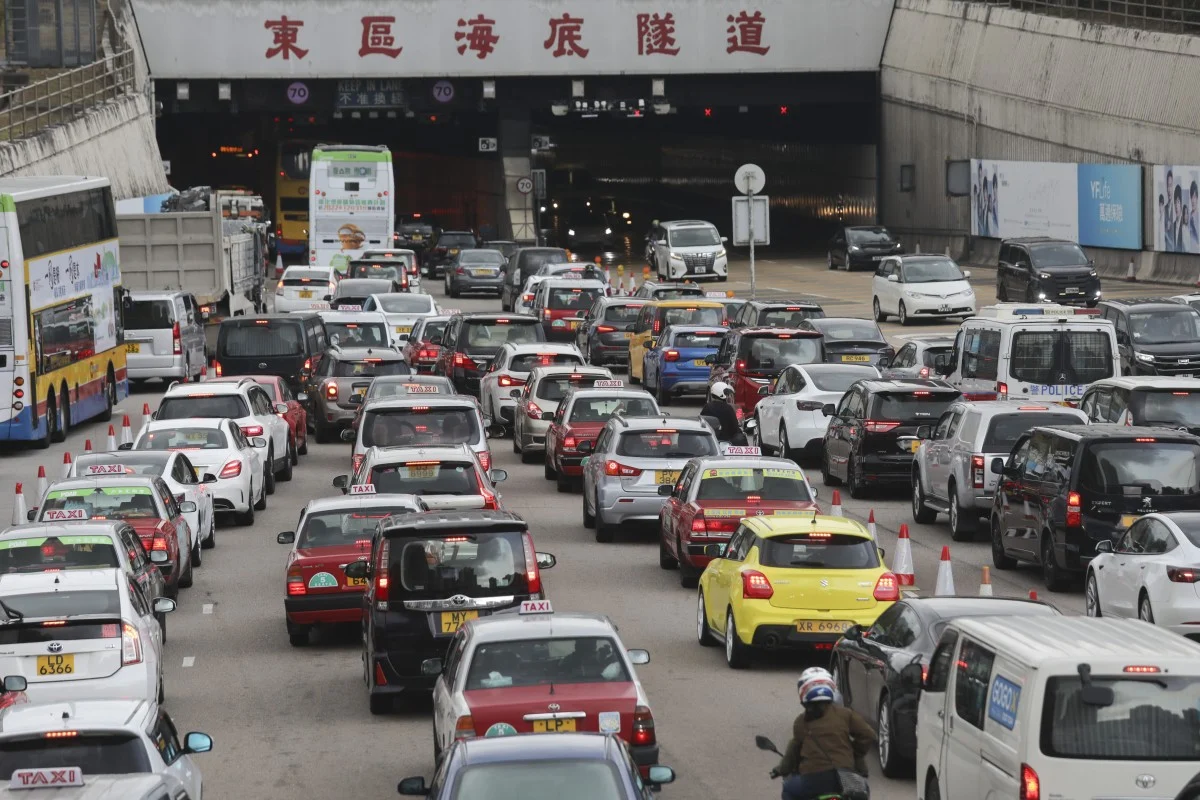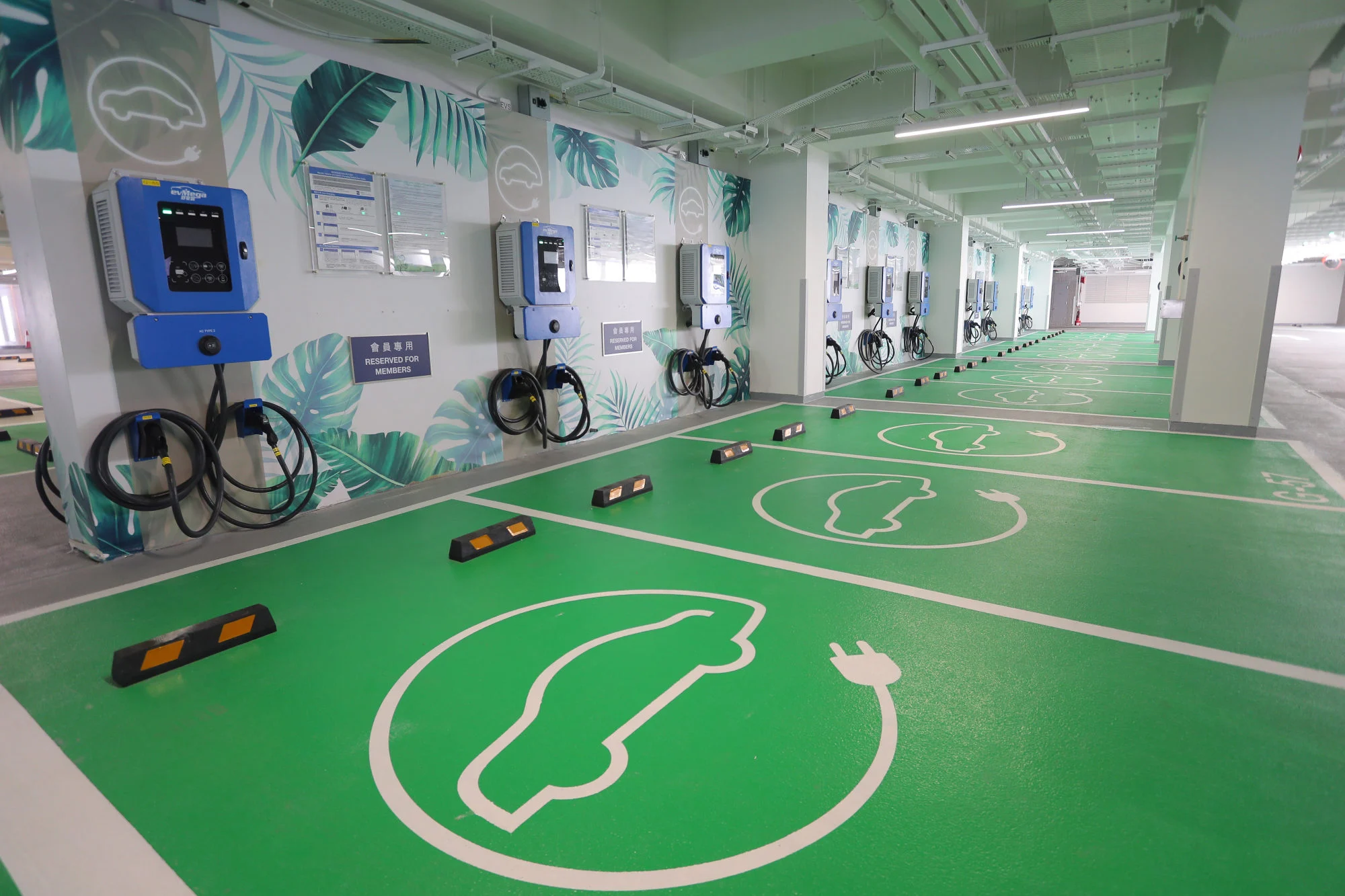HONG KONG (SCMP) – London-based Inchcape Group CEO Duncan Tait pledged to garner 25 per cent of Hong Kong’s passenger car market by 2030.
“We are making sure that we are fit for the future in this market in an EV world,” said Tait. “So we’re launching new EV products into this marketplace. We’re bringing new OEMs (original equipment manufacturers).”
EVs will account for 100 per cent of Inchcape’s sales in Hong Kong in 10 years’ time, ahead of the city’s goal of phasing out fossil fuel-propelled vehicles by 2035, Tait added.
The Hong Kong government outlined its plan to popularise the adoption of EVs two years ago. As of July, Hong Kong had 62,056 registered EVs, a 91 per cent increase from 33,467 a year ago. EVs make up 7.1 per cent of the city’s private cars, according to data from the Transport Department.

Inchcape is the sole distributor in Hong Kong for brands including SAIC Maxus, Toyota, Lexus, Land Rover and Jaguar. Hong Kong has served as the base of Inchcape’s Asia-Pacific operations for 56 years.
It is partnering with more Chinese EV makers to distribute their products in the city.
In April, Inchcape launched a seven-seat EV minivan by Chinese carmaker SAIC Motor’s Maxus subsidiary, with preparations under way to launch delivery vans and other multipurpose vehicles.
This was preceded by an agreement with Chinese carmaker Greatwall Motors in August last year to distribute its ORA brand EVs.
Inchcape also sells EVs made by Lexus, the luxury brand of Japanese carmaker Toyota. The Lexus RZ, launched in March, has proved to be very popular among customers, said Tait.
“We will expand the number of vehicles from Toyota and Lexus that are pure EVs into the marketplace,” said Tait. “We will add Chinese EV brands into that portfolio as well, all with the objective of selling one in every four new cars in this market to come from our company.”
Inchcape, which currently accounts for about 16 to 17 per cent of the new passenger car market in Hong Kong, expects its full-year market share to rise to about 18 per cent.
Over the next few years, EVs have to play an increasingly bigger role in that 25 per cent goal for the company, said Tait. “We need to be fully EV anyway in 2035, so you can see a nice pathway for us to get to that position.”
Along with the 2035 EV goal, the Hong Kong government has pledged to expand private charging facilities for EVs to 150,000 and public chargers to 5,000 within four years.

However, at the end of June, there were only 6,142 EV chargers in Hong Kong, including 3,596 medium-speed chargers and 1,022 quick chargers.
Inchcape has been building out its EV charging infrastructure for consumers and businesses with large vehicle fleets, as part of a partnership with Schneider Electric signed in May last year.
It had installed 45 EV chargers at the Hong Kong Police Sport and Recreational Club as of the end of September, and expects to have more than 80 installed there by the end of the year.
“(Hong Kong) is a relatively mature market for us that is going through great change in the shift [to] the future of mobility, which is all about zero-carbon drivetrains,” said Tait.
“We are learning a lot about how to be really successful in a zero-carbon world. We see Hong Kong as a market [where] we can continue to grow.”





